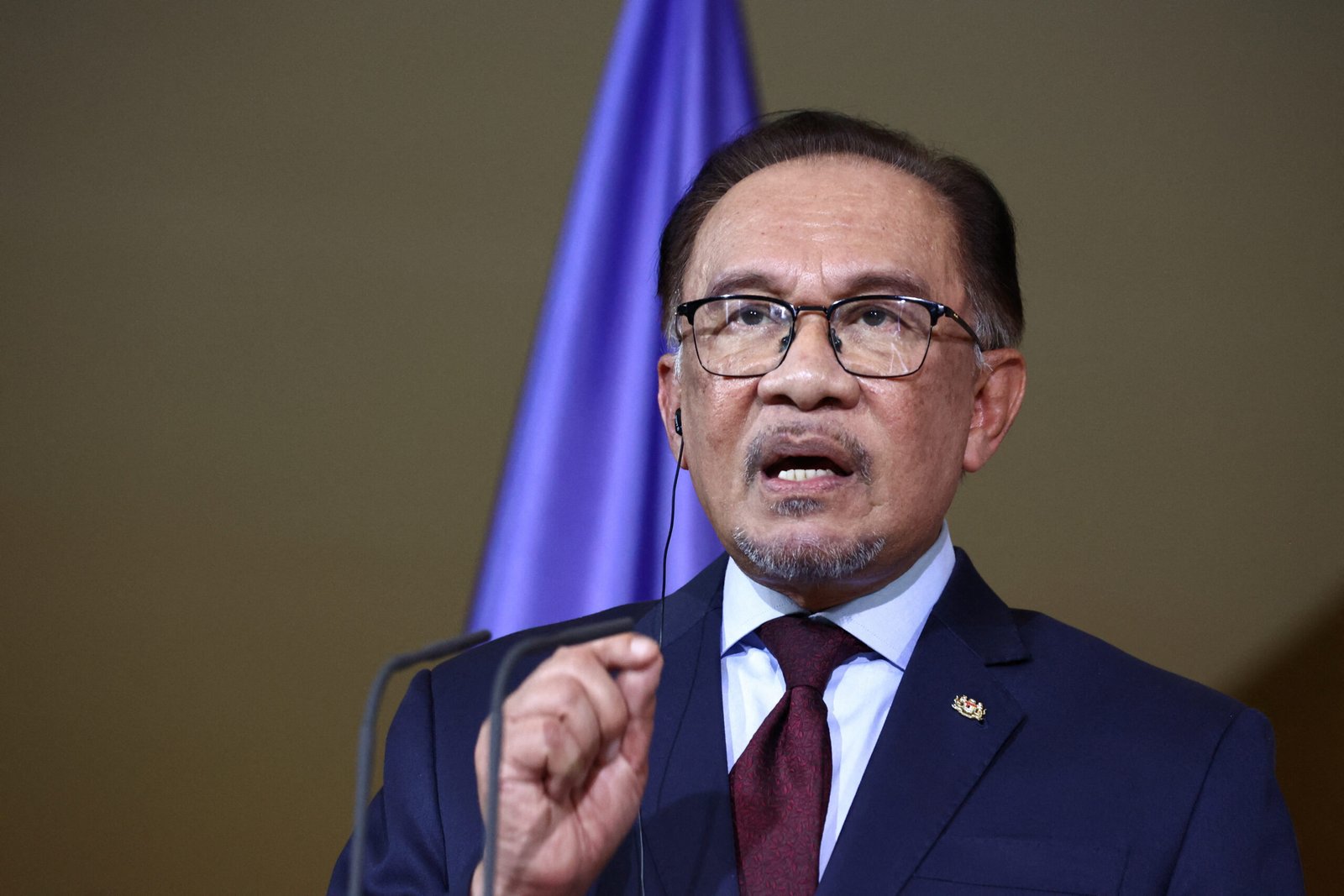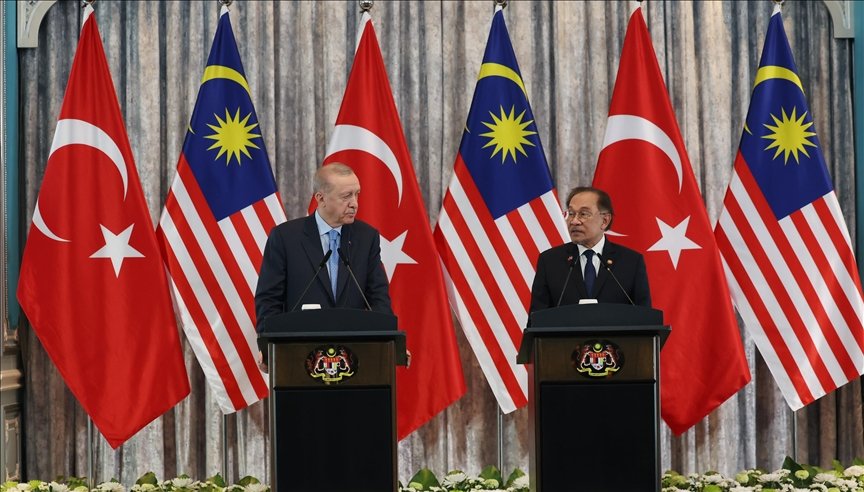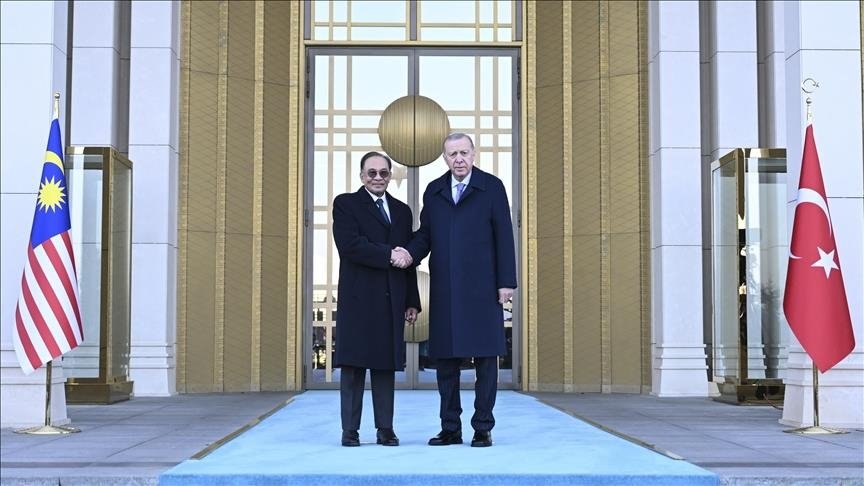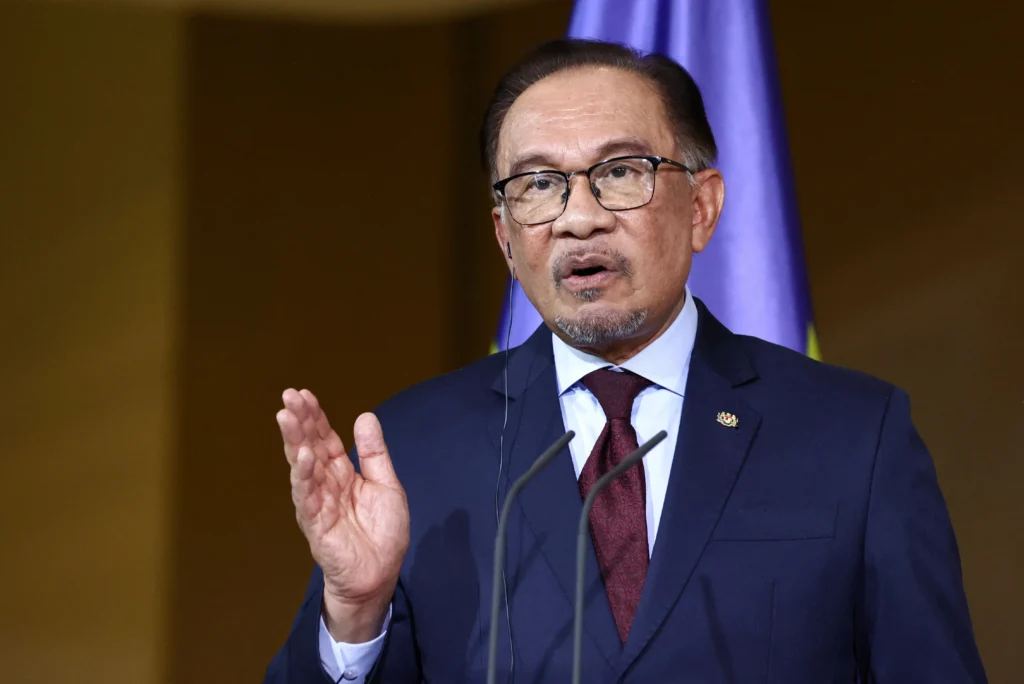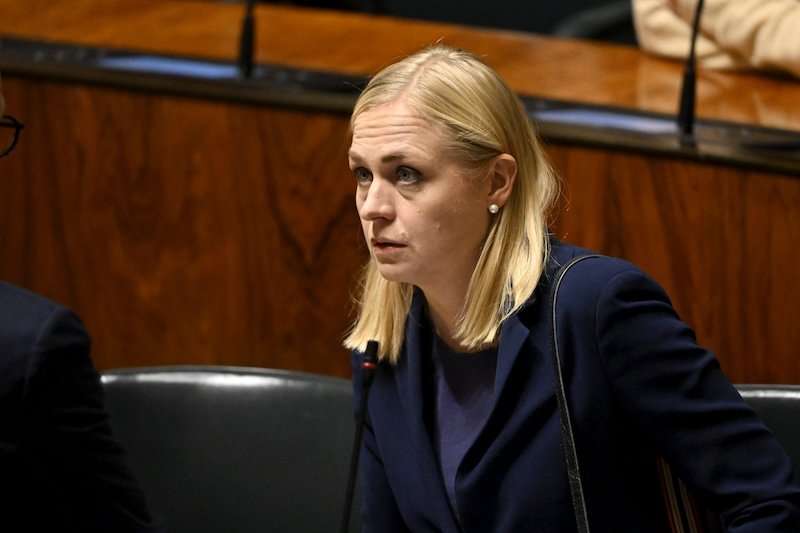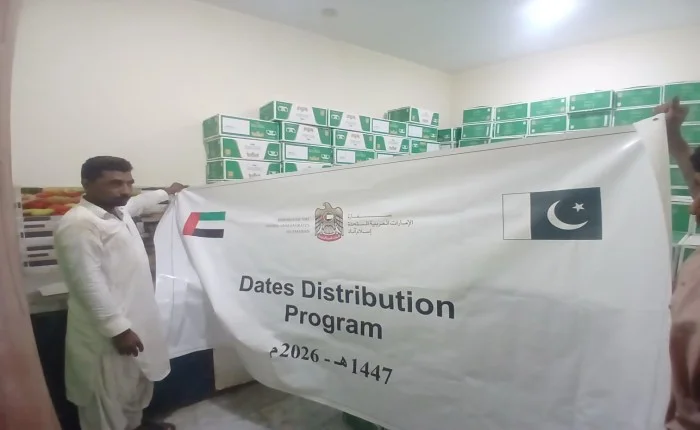Kuala Lumpur, December 17, 2024 – The Europe Today: Fitch Ratings’ recent affirmation of Malaysia’s sovereign credit rating underscores the country’s economic advancements, as envisioned under the MADANI Economy framework, Prime Minister Datuk Seri Anwar Ibrahim said in a statement today.
Anwar, who also serves as the Finance Minister, emphasized that the affirmation reflects the government’s commitment to implementing significant legislative and institutional reforms. These efforts have resulted in improved policy clarity and enhanced economic management, he added.
“This is particularly evident in the MADANI government’s dedication to enacting major reforms, which have led to better policy certainty and a more stable economic environment,” said Anwar. “Fitch Ratings has acknowledged that the stability of the government has contributed to greater policy certainty, with various economic reforms introduced, including the strengthening of state-owned enterprise governance and the enactment of the Public Finance and Fiscal Responsibility Act 2023.”
This development aligns with the International Monetary Fund’s views on the government’s timely reform agenda, which aims to enhance productivity and foster inclusive growth.
On the back of this affirmation, Fitch Ratings maintained Malaysia’s long-term foreign-currency Issuer Default Rating (IDR) at ‘BBB+’ with a stable outlook. The Ministry of Finance (MoF) noted that key rating drivers supporting this reaffirmation include broad-based and strong growth momentum, strengthened political stability, a continuous current account surplus, strong foreign direct investments, and a narrowing fiscal deficit.
Regarding economic expansion, the MoF expressed confidence that Malaysia is on track to achieve robust growth in 2024, with the growth forecast revised upwards to between 4.8% and 5.3%, up from the initial estimate of 4.0% to 5.0%. The government remains committed to fiscal consolidation, aiming to gradually reduce the fiscal deficit, which is estimated at 4.3% of gross domestic product (GDP) in 2024, to 3.8% in 2025.
The Ministry also outlined that Budget 2025 will support this growth momentum, with economic growth projected to range between 4.5% and 5.5%. To further enhance fiscal management, Budget 2025 will focus on broadening revenue measures, optimally utilizing resources, and pursuing subsidy rationalization, particularly for RON95.
As part of the MADANI Economy framework, the government will continue to prioritize institutional and structural reforms aimed at transforming the economy, moving up the value chain, promoting high-skilled and high-income job creation, and improving national productivity and competitiveness.



